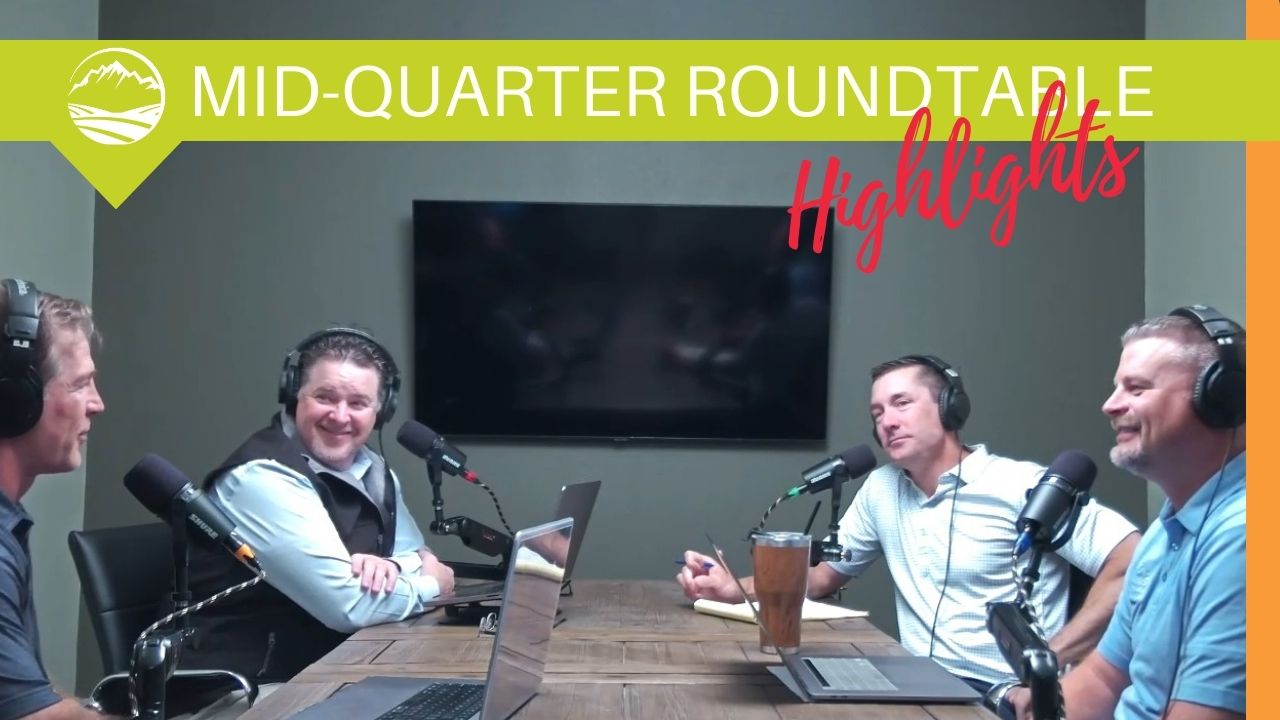You are now leaving the Strong Valley Wealth & Pension, LLC ("Strong Valley") website. By clicking on the "Schwab Alliance Access" link below you will be entering the Charles Schwab & Co., Inc. (“Schwab”) Website. Schwab is a registered broker-dealer, and is not affiliated with Strong Valley or any advisor(s) whose name(s) appears on this Website. Strong Valley is/are independently owned and operated. Schwab neither endorses nor recommends Strong Valley. Regardless of any referral or recommendation, Schwab does not endorse or recommend the investment strategy of any advisor. Schwab has agreements with Strong Valley under which Schwab provides Strong Valley with services related to your account. Schwab does not review the Strong Valley website(s), and makes no representation regarding the content of the Website(s). The information contained in the Strong Valley website should not be considered to be either a recommendation by Schwab or a solicitation of any offer to purchase or sell any securities.

You exercise to benefit from your sweat equity in the future, right? The strategy of a good workout is to intentionally place stress on our muscles so that when a health problem arises, our bodies are in better condition to deal with the situation. You also need an investment strategy to accommodate unforeseen future events, such as market downturns.

Waking up early in the dark mornings of winter to exercise comes hard. Once your workout ends, though, you often begin the day with the payoff of a tremendous energy boost. Can the same process apply to your finances?
If you’re like most people, you exercise for many reasons but expect to benefit from your sweat equity in the future, not just in the current moment. We will all encounter health issues at some time and the medical world assures us that we’ll deal better with problems if we get – and stay – physically fit. Preparation matters.
So, what does exercise have in common with financial planning and investing? The answer: Very few individuals prepare to invest, except maybe when selecting from choices in a retirement plan.
Or not: One study shows that in 2020 – in the teeth of the COVID-pandemic and perhaps the most volatile market year since maybe 2008 – most 401(k) retirement plan participants made no changes to their contributions.
Getting back to the fitness analogy, exercise’s greatest benefits come from the stress we intentionally place on our muscles so that when a health problem arises, our bodies are in better condition to deal with the situation. Regarding investments, if you choose to go it alone, you need a methodical (and regularly visited) regimen for taking in and processing market data. You also need a strategy to accommodate unforeseen yet inevitable future events, such as market downturns.
Don’t let random financial news clips guide your decisions when determining how to act. For the record, you need not re-allocate asset classes or otherwise change your portfolio just because something in the market changed. Call your financial planner to discuss your concerns and get a better perspective.
You do need to be prepared to consider adjustments when the information dictates that conditions shifted, such as stocks increasing to a higher portion of your portfolio than you want.
We call this an investment policy statement or some prefer the term “investment playbook.” The playbook outlines your holdings and specifies how you intend to respond to change with a disciplined approach aimed at particular objectives – as opposed to the usually heated emotions most of us feel in a suddenly rough market.
How are your holdings doing against benchmarks such as the S&P 500 Index? At specifically what point will market shifts make you re-allocate percentages of stocks and bonds in your portfolio?
Your playbook also describes what you’re trying to achieve as an investor – pay for retirement or for college tuition, for example – and how you’ll react to market changes. You might plan to sell or buy only if the S&P 500 hits a certain number or invest in oil if the cost per barrel drops to a pre-set price. A well-designed playbook keeps you from panicky decisions or from freezing up during Wall Street roller coasters.
Your playbook needs to clearly document your investment information sources, the technology involved in your investing and why you bought a particular investment. Remember: Great stock or mutual fund opportunities may arise and shimmer, but if they don’t match your playbook, you pass.
At the gym, you can wander among the clanking weights or plan exactly how to invest your energy. You know which method works better. And you can enlist the help of an experienced trainer who knows more than you’ve learned and can take you to the next level.
Investing is no different.



